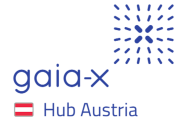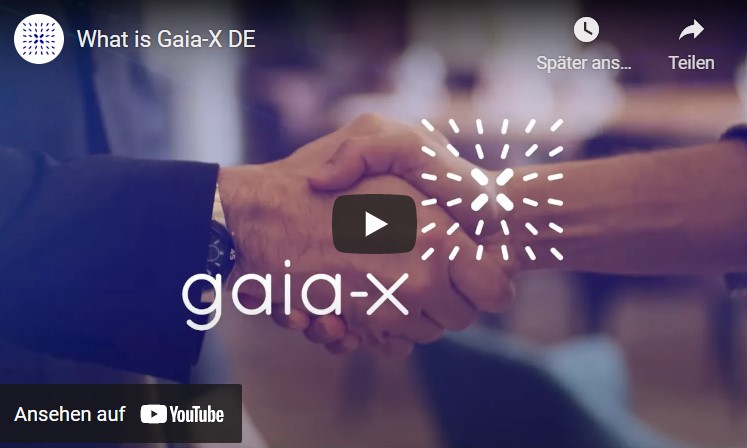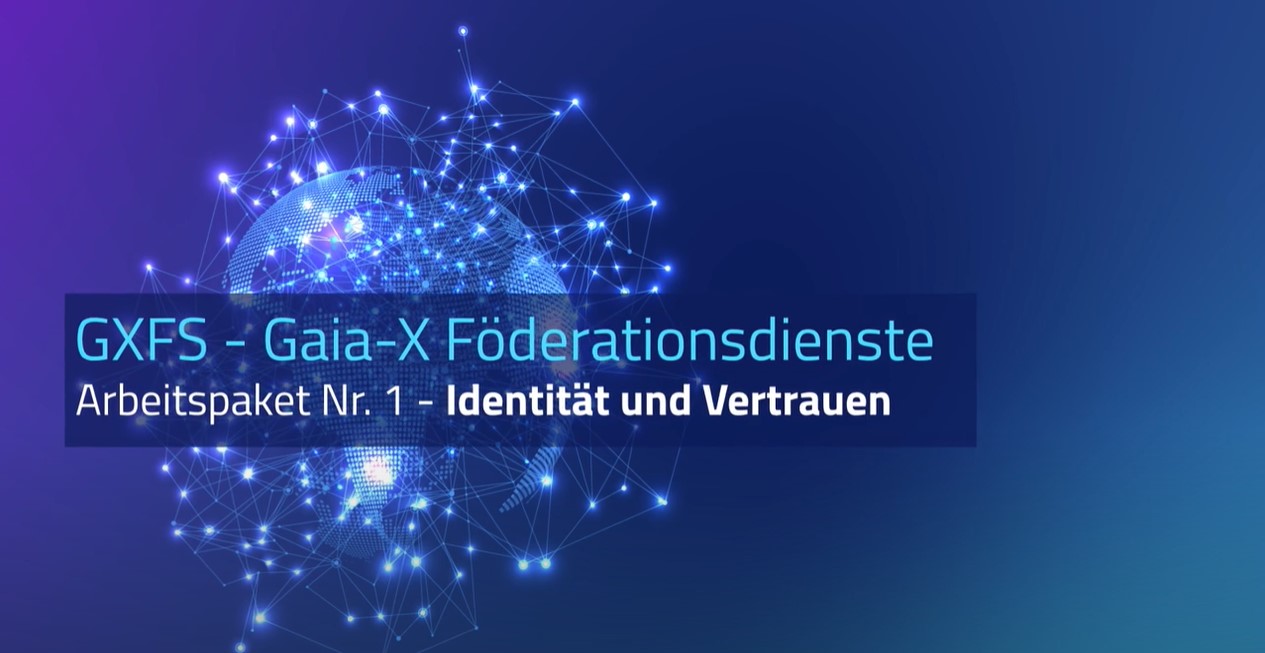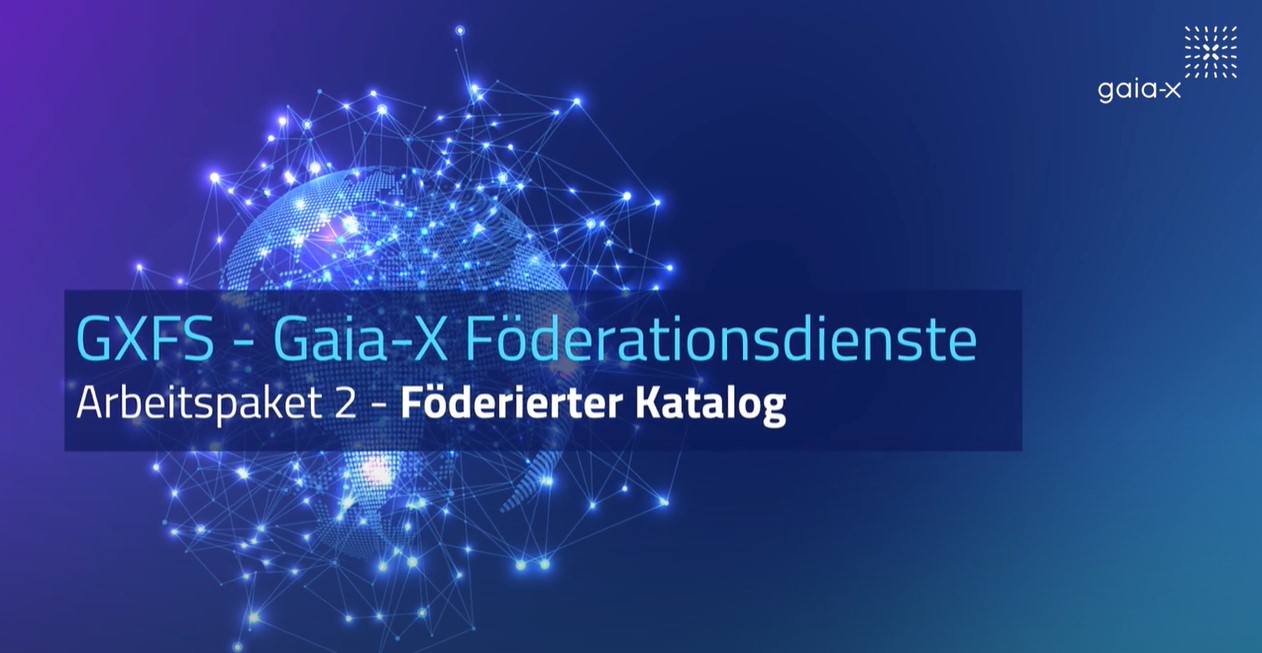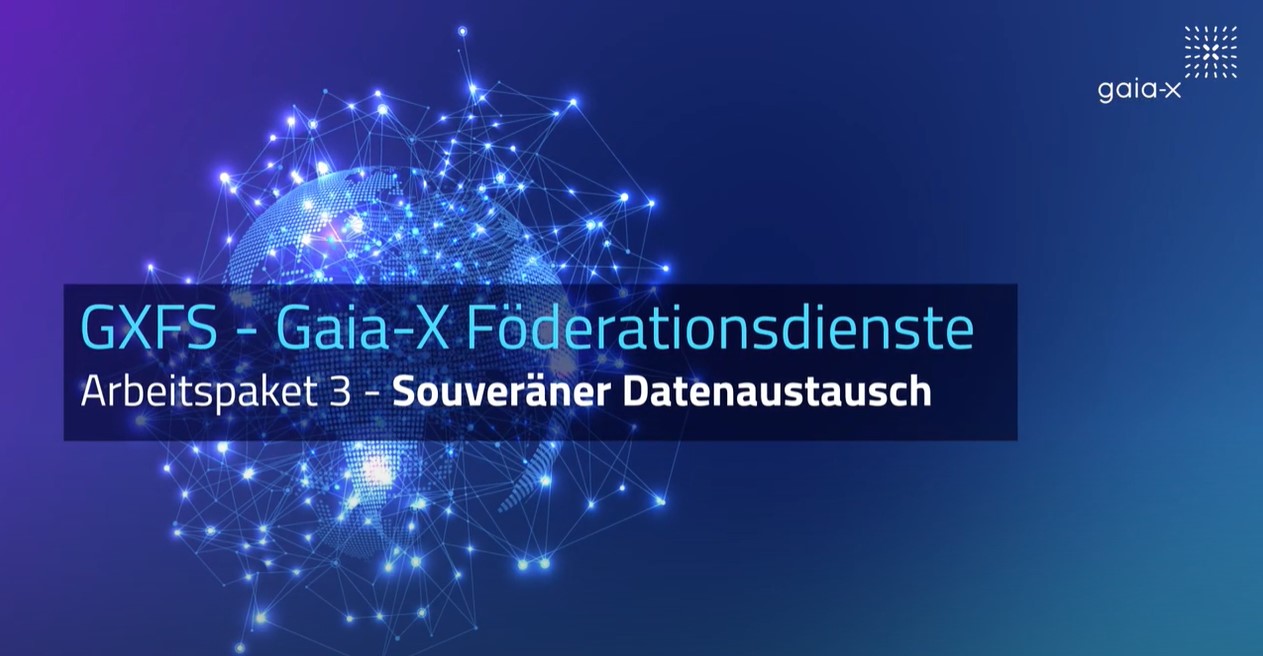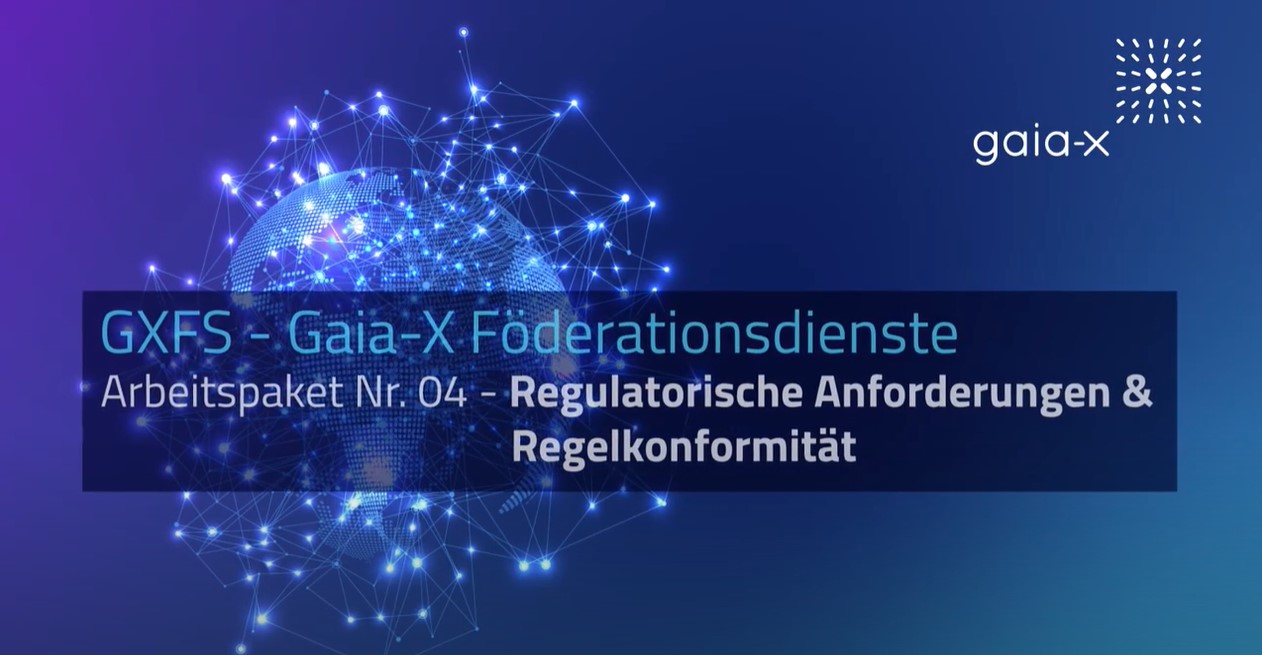What is Gaia-X?
The point of departure for Gaia-X is the increasing challenge for businesses to keep up with the dynamics of digitalization in all areas of the economy while remaining competitive.
Definition
On the one hand, control over data is often lost when they are processed by other organizations. On the other hand, the opportunity to participate in new business models and innovations is hampered by the current monopoly structures on the global digital market. These along with other concerns pertaining to data security and the enforceability of European laws and regulations represent a recognized fundamental threat to data autonomy and value creation within the economic space of the EU.
The project Gaia-X addresses this challenge by establishing a framework in which all involved organizations from the various sectors can agree on a uniform ruleset, thereby ensuring that essential values are upheld and observed: data sovereignty, data privacy, confidentiality, security, technology neutrality, and interoperability.
This is the project Gaia-X
The goal of the Gaia-X project is to allow organizations, businesses, and users to process and exchange data efficiently and economically while still maintaining control over them – not only in terms of where those data are stored but also in terms of who may use them for which purposes. Gaia-X is therefore neither a new European data centre nor a new cloud service.
Terminology
Overview of the values on which Gaia-X is based
Gaia-X creates a framework that lives up to fundamental European values: Sovereignty, Openness, Fairness, Security and Trust. Gaia-X will thus not only benefit a few, but will give many companies and organizations worldwide a fair chance to participate more easily in the digital market.
Innovation
Innovation
Gaia-X is an ecosystem of innovation in which new concepts like decentral architectures, distributed consensus, digital ledgers, verifiable credentials, compute-to-data, and other new technologies are ground-breaking in the world of digital trust and data ethics. Gaia-X is an ongoing project that will be adapted over time, with the best technologies in the industry being incorporated. These technologies will be developed further with the help of Gaia-X, thus ensuring Europe’s competitiveness on the global market.
No charges
No charges
The open-source code and the specifications of Gaia-X are made available free of charge. The Gaia‑X Federation Services represent a toolkit that can be used to implement Gaia-X Federations. These Federation Services determine the conformity of a specific service with the Gaia-X standards. No additional costs are incurred. This reduces the obstacles for the introduction of Gaia-X to a minimum, making it solely dependent on the willingness of providers to adhere to the Gaia-X model.
Transparency
Transparency
Transparency in the Gaia-X context means that users have the possibility to verify the correctness of the information provided on certain service features with the help of the GXFS. Gaia-X therefore allows users to make informed decisions when selecting services, they wish to consume (purchase or use) based on their features.
Sovereignty
Sovereignty
Sovereignty is the ability to practice self-determination. It can have multiple different meanings: political, economic, digital, and technical. Gaia-X offers no political or economic interpretation of sovereignty; instead, it offers a framework for constructing sovereignty from the digital and technical perspective.
Openness
Openness
Gaia-X is a new paradigm for cloud and data services that is based on a high level of openness and transparency. The notion of openness consists of two key elements: open specifications and open-source code made available to everyone for the implementation of Gaia-X-compliant services. Gaia-X stipulates open controlling and steering levels that ensure objective visibility and control over various service features independent of the technology used by the individual provider.
Fairness
Fairness
Gaia-X creates a fair, competitive environment and a level playing field by enabling a new generation of cloud and data services that focus on transparency and control over data independently of the employed technology. Gaia-X thereby also promotes the principles of data ethics and freedom of choice in terms of technology while reducing elements inducing strong dependence on proprietary black-box technologies.
Inclusivity
Inclusivity
Gaia-X is open to all members of any type and from any country within and outside Europe at the national, international, or global level who are willing to join in its mission. The Association is guided by strict, unwavering principles. Its Board of Directors is elected exclusively from organizations whose primary seat is in Europe. This enables a clear mandate in accordance with the interests and principles of the European economy and civil society.
Independence
Independence
Gaia-X AISBL is a completely independent organization that is funded through the contributions of its members and has no obligations toward any private or state entities. The association’s broad and representative membership ensures that Gaia-X AISBL provides a strong common voice towards the outside. The regional centres (Hubs) in the EU countries coordinate the initiatives in the respective countries and cooperate with each other as well as with the Association.
Development
Development
Gaia-X follows the principle of continuous improvement and development on the basis of objective validation and feedback loops. Continuous interaction between the problem and solution teams forms the foundation for agile development and continual improvement. Gaia-X has a professed intent to avoid self-validation, decrease dependence on limited competencies, and unleash the full potential of open innovation.
Federation
Federation
Gaia-X implements and promotes the concept of Federations. Federations allow service providers to connect their infrastructures in a trusted fashion in order to offer a distributed cloud model. Federations enable data owners to exchange data amongst each other and utilize them. They do so on the basis of mutually agreed rules and with the help of the possibilities for technical control provided by Gaia-X.
